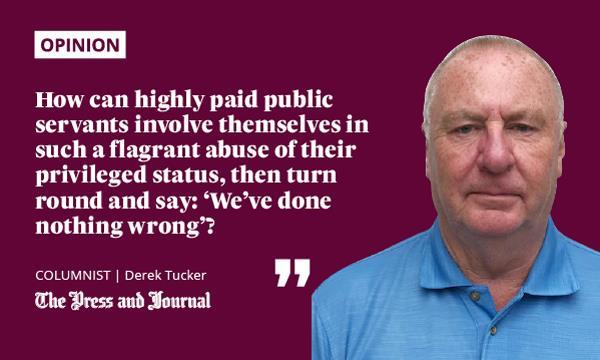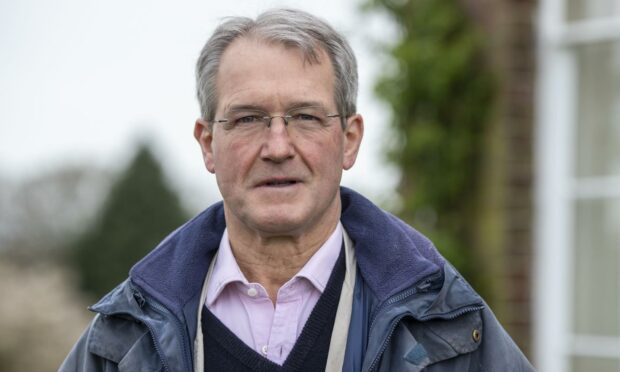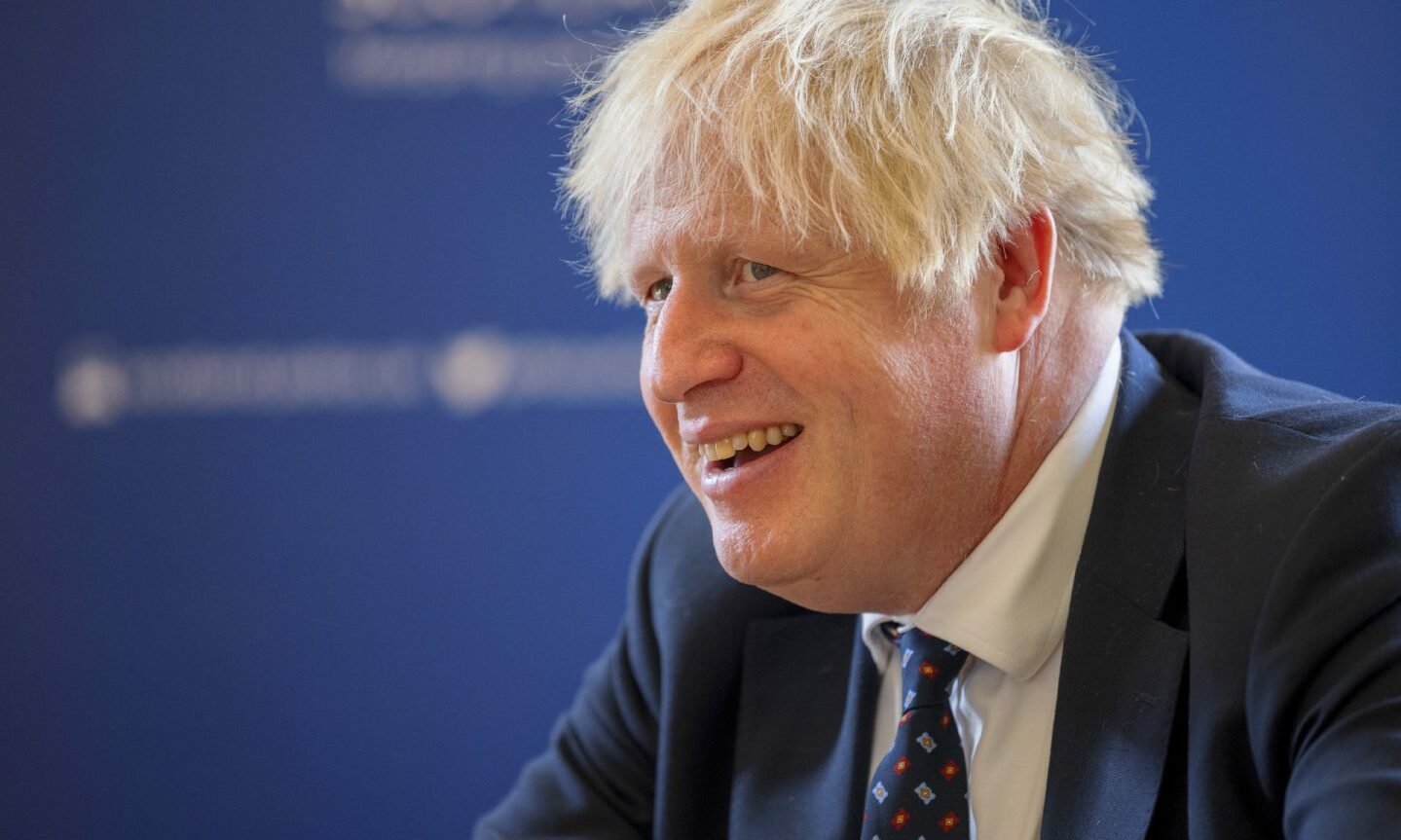How important is trust?
Most people, I suspect, would place it at the top of their list of qualities they demand in public figures, and yet, based on events during the last few weeks, it appears to be in pretty short supply.
The eyes of the world have been focused on the COP26 conference in Glasgow, which has been a welcome relief for several politicians and one exiled member of the royal family, who have been demonstrating that the trust we place in them is severely misplaced.

Sleaze has reared its head yet again in the corridors of Westminster, with a number of MPs embroiled in controversy over the tricks they employ to boost their meagre £82,000 salaries. Sir Geoffrey Cox, Grant Shapps and Sir Keir Starmer have all been caught up in the fallout following the government’s disastrous handling of the lobbying scandal surrounding former MP Owen Paterson.
No rules were broken, we are told, which is the clearest indication that the rules are obviously not fit for purpose. How can highly paid public servants involve themselves in such a flagrant abuse of their privileged status, then turn round and say: “We’ve done nothing wrong”?
What is even more dispiriting is the absence of condemnation from other parties, insinuating that there is good reason why no one wants to throw the first stone.
Suggestions that sleaze could prove to be the undoing of Prime Minister Boris Johnson are wide of the mark because few, if any, inside his own party have the stomach for a bloody internal battle and, depressingly, the public don’t seem to care. Recent opinion polls show that trust in the government and Mr Johnson in particular have been eroded by the controversy, but fast-forward a couple of weeks and it will all be forgotten. It appears that the public don’t just tolerate sleaze from politicians but actually expect it.
Will the Duchess of Sussex do damage to the royals?
It remains to be seen whether citizens will be so ambivalent where the Duchess of Sussex is concerned. We expect low standards from politicians, and are rarely disappointed, but we apply different standards when it comes to the royals.
How important trust is depends on who you are and not just what you do
I am by no means an ardent royalist, but would prefer the current situation to republicanism, if only because of the revenue generated by tourism associated with all things royal. Even the most vociferous detractors cannot fail to have genuine respect for the way in which the Queen has conducted herself and the matriarchal role she has performed during almost 70 years on the throne. That has created a heightened level of expectation where the behaviour of her family is concerned; an expectation which, for the most part, is delivered.
The Duchess of Sussex, who is already a hate figure where some of the media are concerned, is in danger of justifying the condemnation heaped on her, as the ongoing court proceedings with the Mail on Sunday depict her as manipulative and calculating.
Her apology to the Court of Appeal for previously “forgetting” that she had instructed one of her staff to brief the authors of a supposedly unauthorised biography of her is both astonishing and, dare I say, hard to believe. As I grow older, I sometimes forget to turn off the lights when I leave home and forget what I had for dinner the previous day. But I can say with a high degree of certainty that I would never forget if I briefed one of my (non-existent) staff on the precise details I wanted him to feed to the writers of a book about me.
Other details emerging from the case, particularly concerning the “dear daddy” letter, paint a very unflattering picture of the duchess.
And there may be worse to come. If the sudden regaining of memory leads to an overturning of the previous judgement in her favour in this high profile privacy case, we may well be treated to a no-holds-barred disclosure of some of Meghan and Harry’s most intimate secrets. Great for those who feed on titillation, but disastrous for the royal family as an institution.
There exists a very real risk that the duchess could do more damage to the family in the few short years she has been part of it than the exploits of Princess Margaret, Diana and the Duke of Edinburgh ever inflicted. Which will prove beyond doubt that how important trust is depends on who you are and not just what you do.
Derek Tucker is a former editor of The Press & Journal


